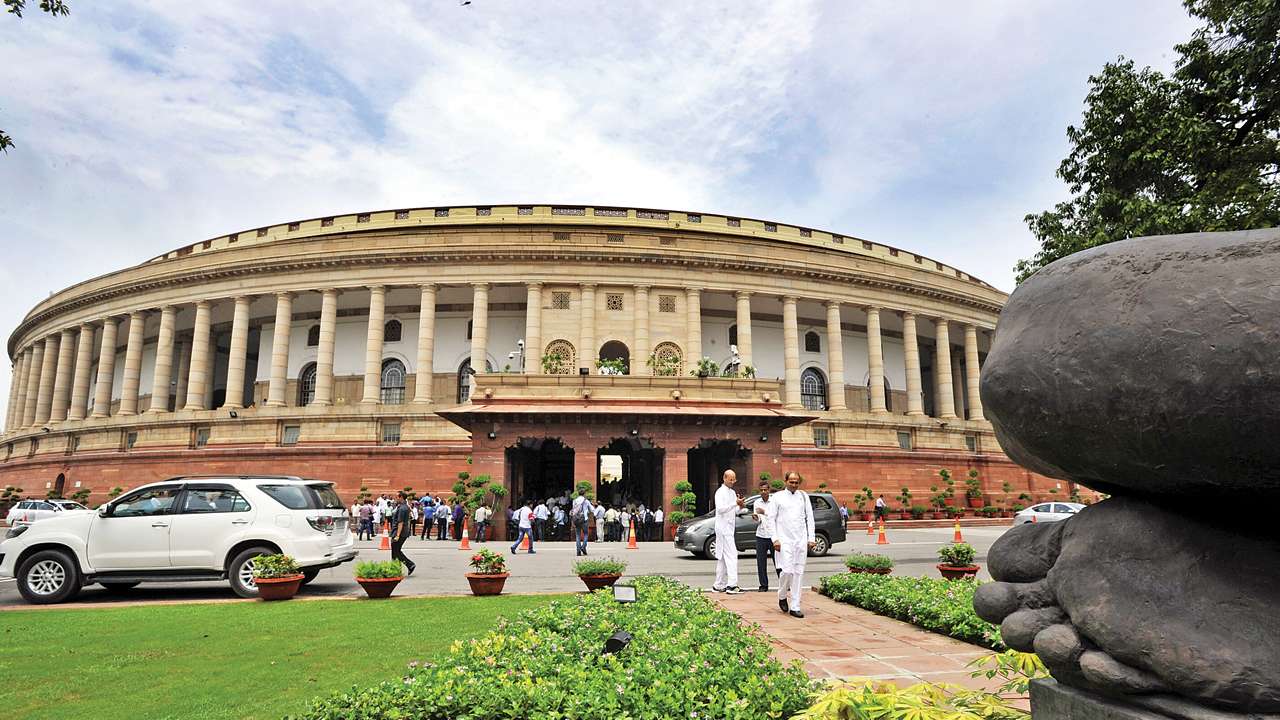
The Consumer Protection Bill 2018, passed in the Lok Sabha on Thursday, is a much-needed step towards securing the rights of buyers. For far too long, the masses in the country have been taken for granted; they had fallen prey to flashy advertisements and celebrity endorsements.
Even when they wanted to fight for their rights, the rusty Consumer Protection Act 1986 could do little to make manufacturers or retailers accountable for the actions. Not so long ago, the world renowned company Johnson and Johnson could sell faulty hip replacement equipment to Indians because the pharmaceutical major knew that it could use its financial muscle to exploit the loopholes in the law.
The irony is while consumerism was on the rise in India, the rights of consumers were relegated to the background. The various certification schemes like the ISI and the Agmark could be tampered with because of lack of government supervision and the consumer’s ignorance about the product.
Adulteration in India is rampant because of the Food Safety and Standards Authority of India’s weak enforcement of food safety laws. But the tables have turned as the new bill brings consumer rights in the country on a par with developed nations.
The proposed setting up of Central Consumer Protection Authority, on the lines of highly effective US Federal Trade Commission, is aimed at protecting consumers from unfair trade practices. The other interesting feature is the class action — prevalent in the US — that clubs all affected consumers of a product as beneficiaries when a case is filed against manufacturers/ service providers for any slip in quality.
Earlier, while the disposal rate of consumer cases was high, the time taken for their disposal was long. The setting up of the Consumer Disputes Redressal Commission and forums at the district, state and national levels for adjudicating consumer complaints will ensure speedy justice.
The Commissions will attempt to dispose of a complaint within three months if the complaint does not require analysis or testing of commodities. The punitive measures, if implemented effectively, can strike fear in the hearts of people who can misuse the trust of the buyers to make easy profits.
For false and misleading advertisements, a penalty of up to Rs 10 lakh may be imposed on a manufacturer or an endorser. For a subsequent offence, the fine may extend to Rs 50 lakh. The manufacturer can also be punished with imprisonment of up to two years, which may extend to five years in case of every subsequent offence.
Though the bill has had a smooth passage in the lower house, it might run into rough weather in the Rajya Sabha given that the NDA doesn’t have the requisite numbers. The Opposition should rise above petty politics if it truly wants the well-being of the citizens of the country.
By failing to extend bipartisan support to the bill, those opposing the BJP would be harming the interests of the very people whose causes they purportedly champion. Mindless opposition compromises the edifice of parliamentary democracy.